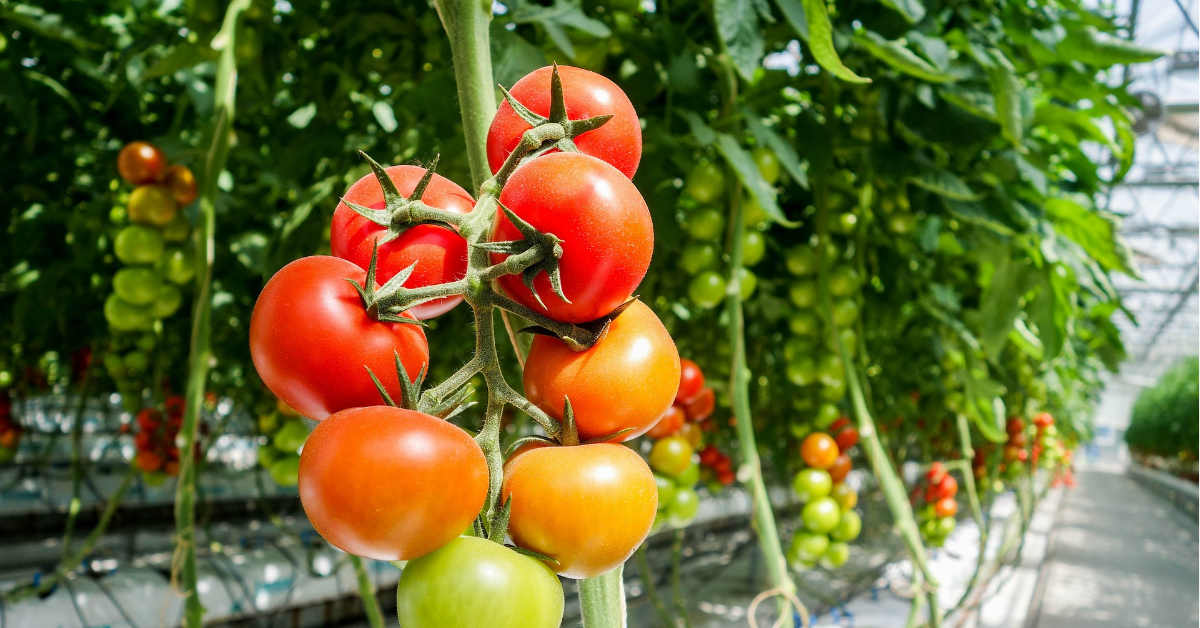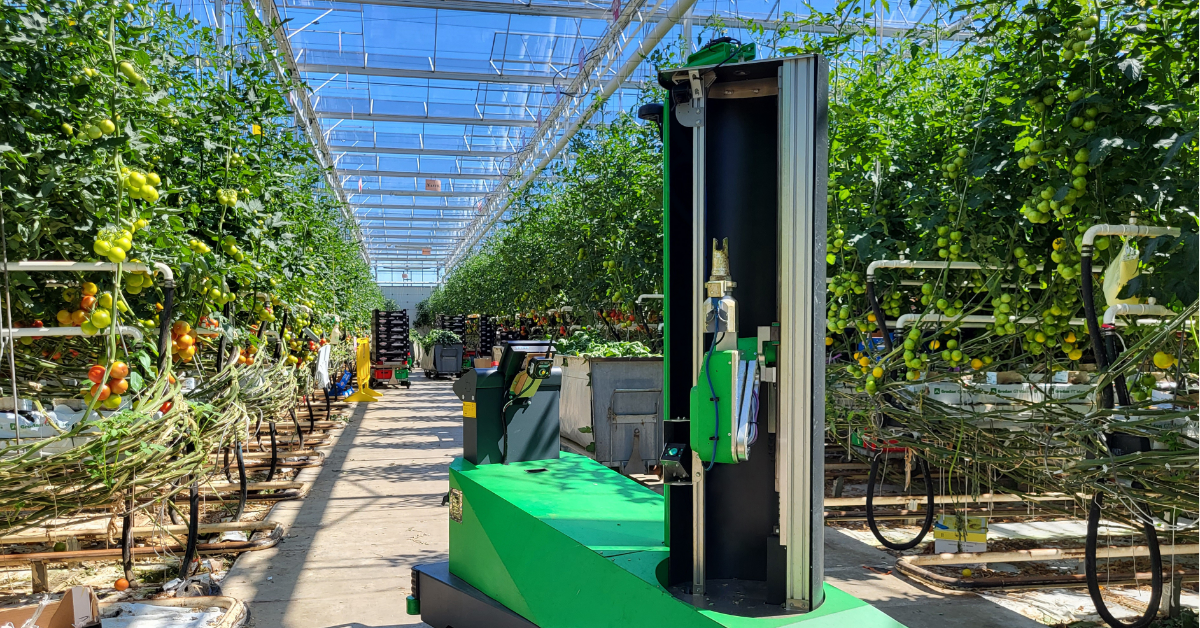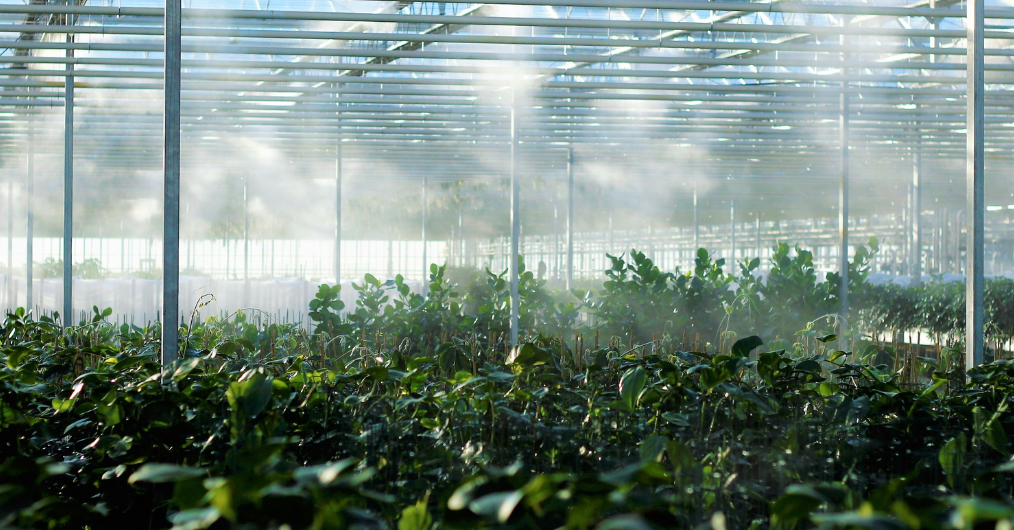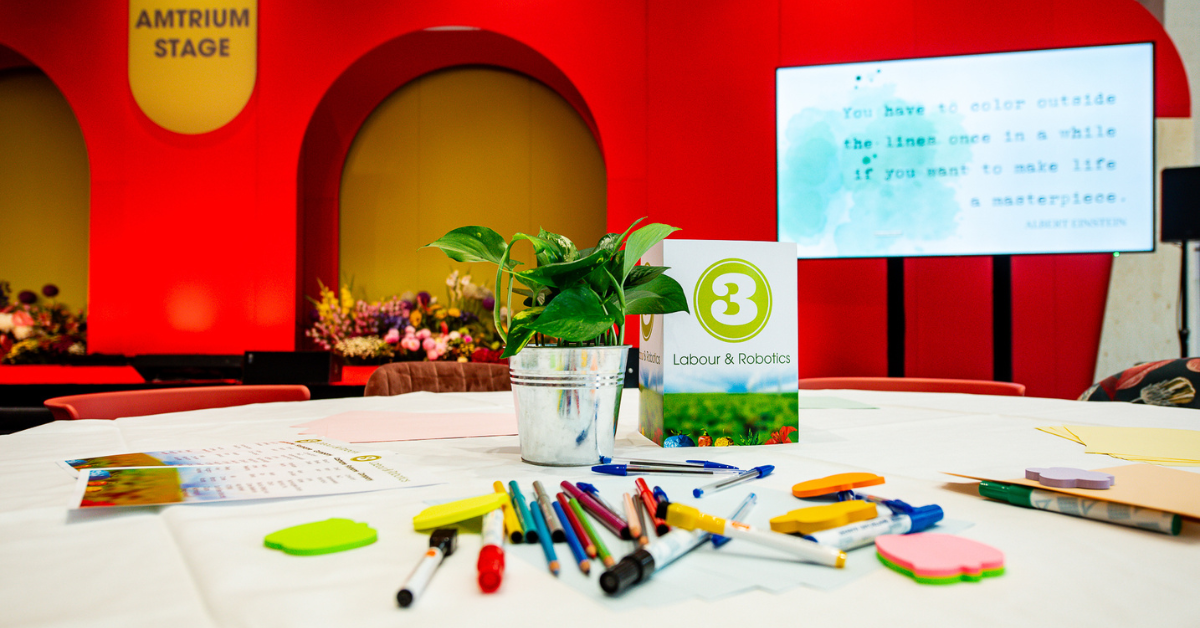‘Low-tech solutions needed to deal with water shortage’
Agritecture is an advisory services and technology firm focused on climate-smart agriculture, particularly urban and controlled environment agriculture. An important topic is water management, because of the growing shortage in the world. Founder and CEO Henry Gordon-Smith however believes the solution mostly lies in creativity.
Gordon-Smith is an acknowledged global thought leader in the accelerating vertical and urban agriculture industry and has facilitated, moderated and spoken at sustainability-driven forums and events worldwide. In the past, his work field was water. It is a topic that still interests him. “That's why I love hydroponic cultivation and recirculation systems. To me, the first foundation of re-using and managing water properly, is having a system that can recirculate and recapture some of the water instead of wasting it. You can do that in a low-tech way or in a high-tech way. Recently I visited Egypt for a project using sandponics. This form of aquaponics uses sand beds to host plants and filter water. There is a lot of sand in the desert, and they use it in a very simple infrastructure. This is where a lot of the principles begin: what do you have locally available? Especially when you have a low-cost project. When you think about saving water, we need to think about the lowest cost ways of saving water in many cases. Simple structures, net houses, drip irrigation and sandponics have therefore interested me a lot lately.”
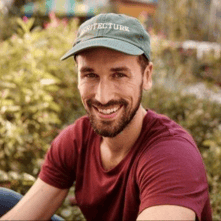
Look at it holistically
“In the last five years there was so much focus on the fact that we are running out of water in the world. This has led to great solutions and initiatives being launched. Look at the closed cultivation systems of companies like Certhon, that is fantastic. These experts show that the high-tech greenhouses we know can become even more advanced by working more like a vertical farm. However, solutions like that also cost a lot of money. So, you must look at it holistically: saving water, but having a big project that fails, does not really equal saving water. That is why our approach is that you must run many scenarios about what works for you first. On the low-tech side you also have very simple solutions that can work for the middle east and north Africa, where the most water insecure countries in the world are.”
Circular solutions
“In general, we found a lot of projects in the middle east where they think there is water, but as we moved forward with the project there was actually a lot less water than we thought. So then again, you have to be really creative and run different scenarios to find a solution. You need more circular solutions to create resilience. You can build a big farm and recirculate water, but that water is probably going to run out. So, what is your infrastructure to have any kind of other system going here?” Gordon-Smith points out the opportunities brought by nature itself. “I was in Saudi Arabia, where they have the largest palm production area in the world, and it is cool to see how farmers do simple things. Palms take a lot of water, so they decided to grow tomatoes at the base of the palm trees. Companion planting, using the available water in the most efficient way. A super low-cost solution that just works.”
Share knowledge
Looking at the future, Gordon-Smith is very interested to see where we can blur the lines between a traditional greenhouse, a vertical farm, monoculture, combining crops etc. “I do not know where it is going, but it is an interesting period for horticulture for sure. The regions that need this the most, have a responsibility to act, but for that they also need knowledge and information. I think governments should help them out by building training centres and by bringing people together to share knowledge.” In many cases, the knowledge is already available at old research institutions, but that information only needs to be modernized and shared. “People shouldn't make the same mistakes. Time is an issue; the clock is ticking.” The Dutch and the Spanish know how it works, says Gordon-Smith. “They have a legacy and culture in horticulture to innovate and execute. But in other countries there is a lot of knowledge to be gained to meet various challenges.”
Online tool
What Gordon-Smith is afraid of, is that companies are skipping low-tech. “They think‘let’s buy the best technology internationally, let’s hire the best international growers and then hire a bunch of cheap labour that we are not going to train. We want to help companies make the right decision, we want to introduce them to all solutions available, high-tech, and low-tech, and train the people to use those techniques in the best way.”To this end, Agritecture has developed special software that allows companies to calculate all kinds of scenarios quickly and easily by adjusting the variables. Also, when it comes to implementing water systems in your greenhouse. It is an online tool that has already helped many companies get started. According to Gordon-Smith, the need for low-tech solutions does not mean that companies that develop and offer high-tech solutions suddenly all have to switch to developing low-tech solutions. “But the fact is that these low-tech solutions are needed to tackle the global water shortage. So, perhaps it might be an idea to introduce simplified versions of existing high-tech solutions. I think that would really offer huge opportunities.”
Share your horticulture technology stories with us
Do you have an innovation, research results or an other interesting topic you would like to share with the international horticulture technology industry? The GreenTech website and social media channels are a great platform to showcase your stories!
Please contact our Brand Marketing Manager Murkje Koopmans.
Are you an GreenTech exhibitor?
Make sure you add your latest press releases to your Company Profile in the Exhibitor Portal for free exposure.
Have exclusive horticulture technology news delivered to your inbox
The GreenTech monthly newsletter brings you the latest exclusive horticulture technology news and updates about our global horticulture technology trade shows and events.
Join over 32,000 of your peers and receive:
☑ Exclusive commentary from industry leaders
☑ The latest news from the GreenTech team
☑ Stay up to date with all the latest news about our events


